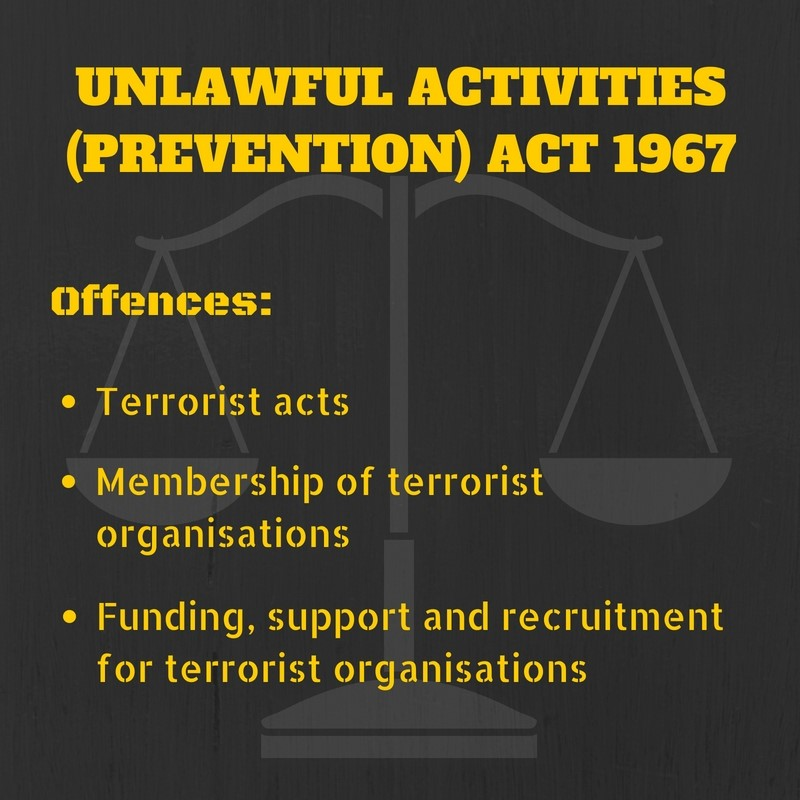Supreme Court Mandates Strict 14-Day UAPA Prosecution Sanction
Why in the news?
- The Supreme Court ruled the 14-day timeline for granting prosecution sanctions under the Unlawful Activities (Prevention) Act (UAPA) is mandatory.
- Both central and state governments must comply, or risk legal consequences, including quashing of criminal cases.
Impact on National Security and Legal Accountability
- The court emphasised timely decision-making is crucial for national security and that delays undermine the purpose of the UAPA, which combats terrorism efficiently.
- Statutory timelines act as a check on executive power and safeguard the rights of accused individuals, ensuring accountability in legal processes.
Future Implications of the Ruling
- Non-compliance with the 14-day deadline may lead to criminal proceedings being invalidated.
- The ruling applies prospectively, clarifying that prior decisions will not be affected but reinforces the importance of adhering to procedural deadlines in the future.
Key Features of the Unlawful Activities (Prevention) Act (UAPA):
- Passed in 1967 to prevent unlawful activities threatening India’s integrity and sovereignty.
- Grants the central government authority to declare any activity unlawful via an Official Gazette.
- Highest punishments include death penalty and life imprisonment.
- Applicable to both Indian and foreign nationals, even for crimes committed outside India.
- Investigating agencies can file charge sheets within 180 days, extendable with court intimation.
- The 2004 amendment added “terrorist act” as an offence, banning 34 terrorist organisations.
- The 2019 amendment allows designating individuals as terrorists.
- Empowers NIA Director General to approve property seizures and NIA officers to investigate terrorism cases.
Associated Article:
https://universalinstitutions.com/unlawful-activities-prevention-act-uapa-1967/





